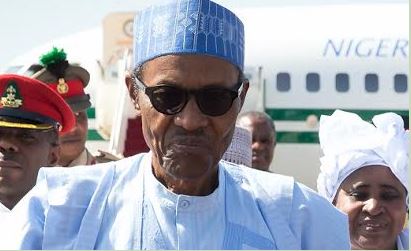
The protracted absence on medical grounds of Nigeria’s President Muhammadu Buhari has stoked fears of a full-blown political crisis at the heart of Africa’s most populous nation.
The 74-year-old former army general left Abuja for London on January 19, leaving Vice-President Yemi Osinbajo in charge while he took time off. But on the eve of his return earlier this month, it was announced that he was prolonging his stay to enable him to collect the results of unspecified medical tests.
Speculation, inevitably, went into over-drive that he may no longer be fit for the top job, and despite multiple claims he is well, the government has struggled to seize back the initiative.
For many, the situation revives memories of the situation seven years ago, when president Umaru Yar’Adua fell ill and later died while receiving treatment abroad.
It also once again lays bare the fragile divide between the majority Muslim north and the predominantly Christian south that characterises Nigeria and underpins political and daily life.
Succession to power at the federal level is seen as a balancing force between the two regions. In 2010, it was the southern Christian former university professor Goodluck Jonathan who deputised for the northern Muslim Yar’Adua: now it is Osinbajo for Buhari.
When Yar’Adua died, his supporters prevented Jonathan from taking over. The argument ran that the north would be short-changed if a southerner was allowed to complete Yar’Adua’s term of office. It took a deft move by parliament to get Jonathan to assume power and prevent a major political melt-down.
Source: Vanguard




